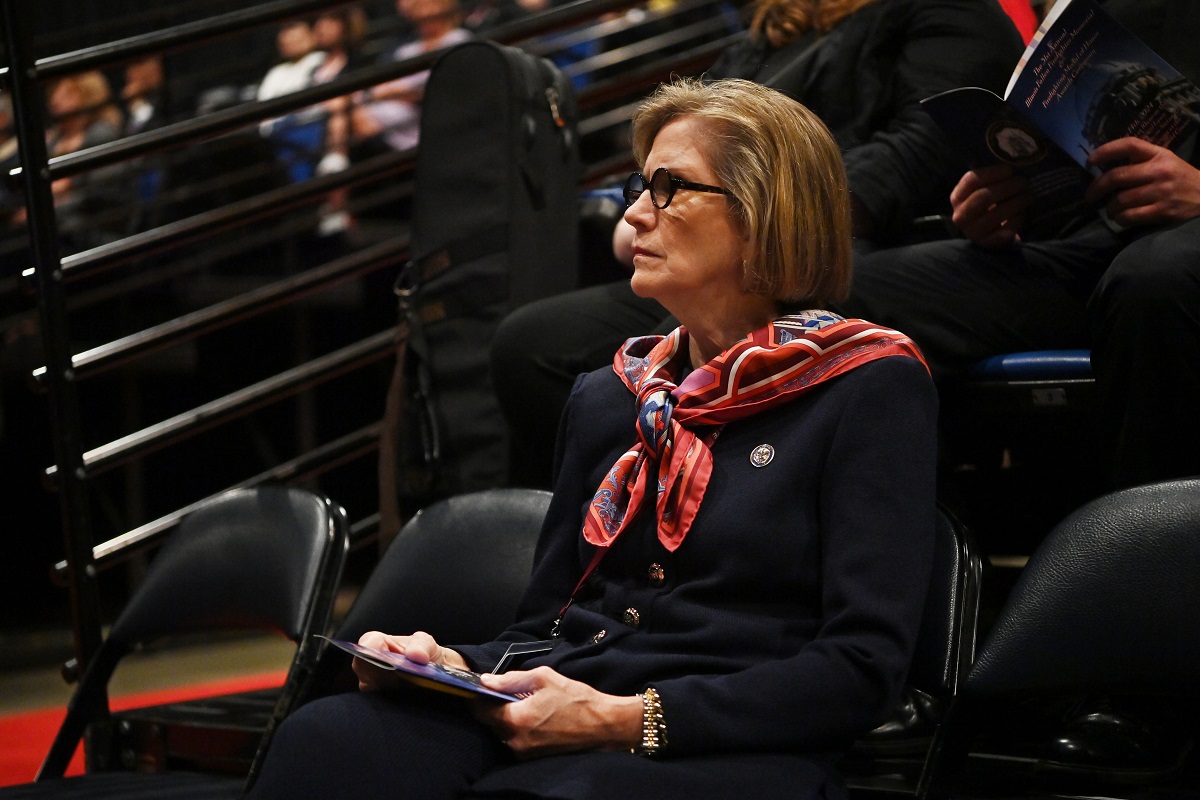 SPRINGFIELD — After experiencing a sexual assault, survivors often face the added stress of arranging a ride to a safe location once their medical exam is complete. To help ease this burden, State Senator Suzy Glowiak Hilton championed a new law that expands the state’s sexual assault services voucher program to cover transportation following treatment.
SPRINGFIELD — After experiencing a sexual assault, survivors often face the added stress of arranging a ride to a safe location once their medical exam is complete. To help ease this burden, State Senator Suzy Glowiak Hilton championed a new law that expands the state’s sexual assault services voucher program to cover transportation following treatment.
“For someone who experienced trauma and found the strength to seek medical help, not having the means to get to their next location is overwhelming,” said Glowiak Hilton (D-Western Springs). “Expanding the state’s voucher program helps ensure survivors are cared for every step of the way, including after they leave the hospital.”
After an individual receives medical care for a sexual assault, hospitals issue a voucher that a patient can use for related health care expenses. The voucher is valid for 90 days from the date of their hospital visit and can be used to cover costs of ambulance rides, medical forensic or laboratory services, pharmacy expenses and follow-up health care treatment.
Under Glowiak Hilton’s new law, the list of eligible expenses covered by the voucher will include taxi or rideshare services, such as Uber or Lyft, for a survivor to return home or to the transferring hospital, or to reach a shelter.
The law, originally Senate Bill 1274, is in response to an issue brought to Glowiak Hilton by YWCA Metropolitan Chicago and follows the recommendation of the Illinois Sexual Assault Medical Forensic Services Implementation Task Force, which identified rideshare services as a helpful option when providing support for sexual assault survivors.
“Victims of sexual assault are already enduring one of the most traumatic moments of their lives. Worrying about how to get to or from care shouldn’t be another burden,” said Nicole Robinson, CEO of YWCA Metropolitan Chicago. “We applaud Illinois legislators for recognizing this gap and taking action. Expanding transportation vouchers is a meaningful step toward ensuring victims get the comprehensive support they deserve.”
Senate Bill 1274 was signed into law Friday and takes effect Jan. 1, 2026.













 © 2026 Illinois Senate Democratic Caucus
© 2026 Illinois Senate Democratic Caucus